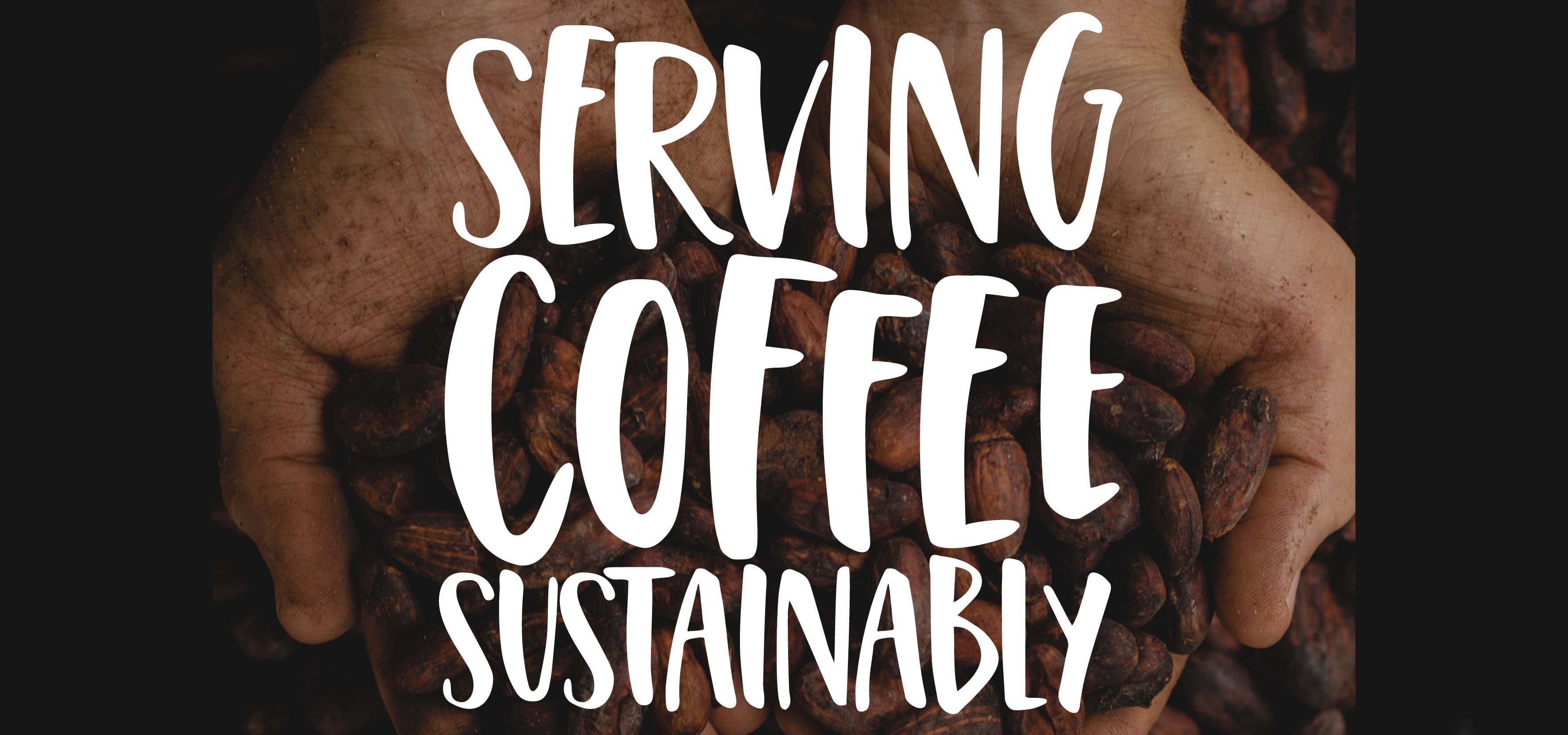
On Wednesday 27 November, water filter supplier BRITA hosted a dinner at Origin Coffee in Southwark, London, to mark the launch of their latest research paper on sustainability. From the flavours of the locally sourced menu to the talks between courses by industry experts, every aspect of the evening referenced its central focus: coffee, and how it can be made sustainable.
Views from the frontline
BRITA has commissioned independent research into how coffee operators view sustainability. Through a survey of 500 of them, BRITA has revealed an industry working hard to meet consumers’ increasingly stringent expectations.
Coffee operators are highly aware that consumers vote with their wallets, and 73% feel that consumer demand is the biggest influence on their business’ sustainable practice. Given that 97% of them believe that sustainable credentials are important to their customers, this pressure is considerable.
Eco-friendly practice is moving higher up the agenda for more companies and is now second only to customer satisfaction as a top business priority.
This has meant that just as consumer expectations trickle through to operator practice, the companies themselves are now looking to their suppliers to provide solutions to new challenges in sustainability.
Sustainable supply
Dinner with BRITA was a case in point as attendees discussed sustainability for an entire supply chain. This was bolstered throughout the evening by a series of TED-style talks from independent coffee shop specialist Andrew Bowen, the founder of the Speciality Coffee Association Tim Sturk, and Tim Ridley, founder of United Baristas.
Each course complemented the theme with coffee flavours – from goat chop in a coffee-dukkah crumb to a malt and espresso mousse. We were also reminded that components of our meals came from small local suppliers, including herbs from an indoor vertical farm in London.
This practice echoes the feedback from the industry. When BRITA asked coffee operators about the sustainability initiatives they’ve already put in place, almost half were engaging with sustainable, local suppliers.
However, there were some areas where practicality was dampening down progress – notably, in reducing single-use plastic. While 61% said it was a priority, only 58% were already engaging with it.
Key barriers to sustainability will also remain while operators contend with balancing environmentally friendly practice with their profit. However, the 56% of operators who said that they would pay more for a demonstrably sustainable supplier clearly predict that they will reap rewards in the long term.
A role to play for equipment providers
Almost half of the respondents, 49%, felt that equipment lets them down by not lasting long enough.
Partly, this is down to the resources used in operation. As BRITA points out, filtered water prevents limescale build-up in coffee makers and automatic machines – which in turn reduces repair costs. BRITA filters are also highly recyclable.
Of course, equipment must be well maintained as well as built with longevity in mind. But manufacturers must focus on machines that are built to last – and we can hope to turn an industry known for disposable waste into an example of full sustainability.
Frances Ball
